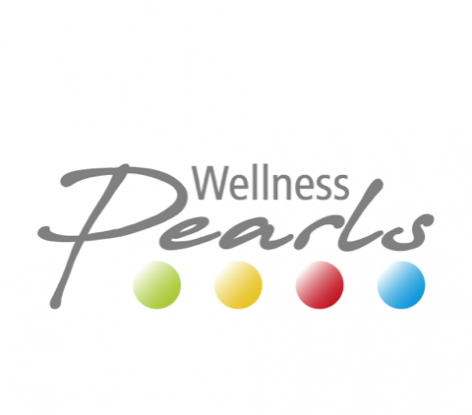Wellness dictionary
Little ABC for your spa-break questions ...
In their treatment discriptions, wellness hotels often use technical terms, which are hard to understand for potential guests. We have therefore collected and defined the most relevant terms in our small wellness ABC. A tip: Our wellness dictionary also supports word requests. You don't need to know the exact wording.
Select letters or search term:
Qi-Massage
Qi-Massage: What is meant by it?
According to the Asian understanding of energy, Qi | Chi flows in our body in predetermined paths (meridians). If health problems and impairments arise, the Qi is considered to be disturbed because it cannot flow unhindered. The aim is to restore a harmonious balance by regulating the meridians and to achieve deep relaxation in order to alleviate complaints and heal diseases.
In addition to the meridians, there are so-called energy points which are supposed to act on certain body regions, organs or complaints during massages - similar to the foot reflex zone massage, for example. The Qi | Chi (or Tuina) massage aims to stimulate the energy points so that life energy can flow freely again and this stimulation has additional effects on health and well-being.
Qi | Chi or also Tuina- Massage
Qi- | Chi- or also Tuina massage combines different massage techniques and acupressure, so an improvement of the complaints should be achieved by an optimised energy flow in the meridians. Depending on the degree of discomfort, the massage can be performed as a partial or full body massage. The following effects should be achieved by the Qi- | Chi- Massage:
- activation of the self-healing powers
- relaxation
- alleviation of various complaints
- allows life energy to flow
- stimulation of the metabolism
- calming of the mind
- regeneration of the body
Before the massage, the therapist should clarify whether there are any complaints and if so, which ones, and adjust the massage accordingly.
Related topics: Meridians Qi Traditional Chinese Medicine (TCM)

